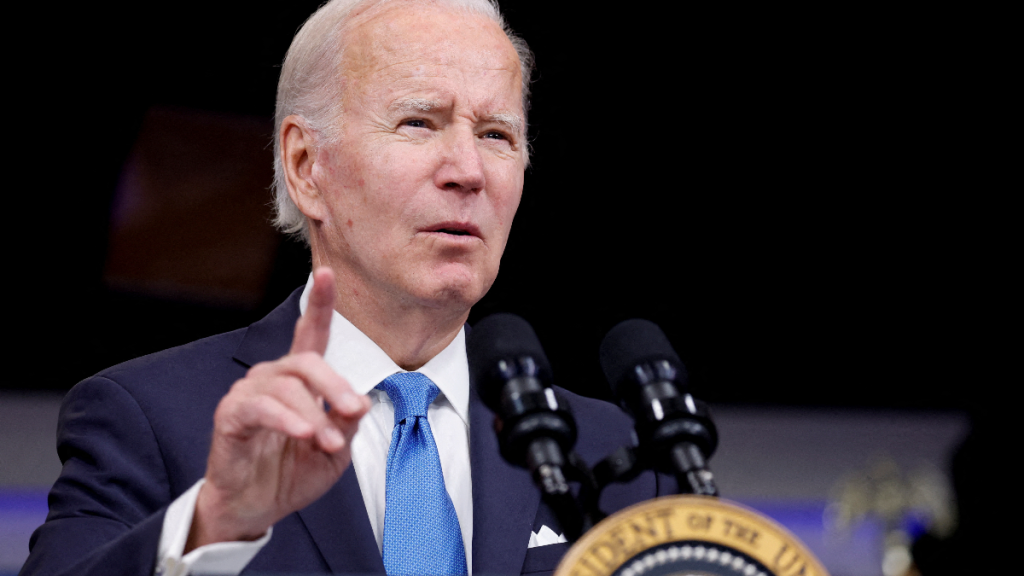
U.S. President Joe Biden’s administration will unveil on Thursday a long-awaited overhaul of arms export policy with increased emphasis on human rights, three State Department officials familiar with the new Conventional Arms Transfer (CAT) policy told Reuters.
The CAT policy covers review of security assistance, government-to-government weapons transfers and licensed commercial sales of U.S.-origin military equipment and services overseen by the State Department as well as the Defense Department and Department of Commerce, including firearms commonly available in the United States.
Defense companies and activists scrutinize such policies for insight into the administration’s posture as it balances commercial interests of exporters like Lockheed Martin Co and Raytheon Technologies against the country’s stated commitment to human rights.
One change is how the CAT policy addresses the possibility that arms from the United States could be used for major human rights violations, the officials said.
Under the new policy, a weapons transfer will not be approved if the State Department assesses the arms “more likely than not” will be used to commit or facilitate genocide, crimes against humanity, breaches of the Geneva conventions, or serious violations of international law.
Previous CAT policy had said such transfers would not be authorized only when Washington had “actual knowledge” that the arms would be used in such actions.
“We are looking at a policy of prevention when there is a risk of violation of human rights,” one of the officials said.
The officials declined to specify countries that the new policy might affect.
Advocates in the past have questioned weapons sales to countries like Saudi Arabia and the United Arab Emirates over the civilian toll of the war in Yemen.
The change could also affect exports of smaller weapons such as assault rifles and surveillance equipment that police or paramilitary forces could use against domestic populations. Some of this is under the aegis of the Commerce Department.
Reuters reported in 2021 that the Biden administration was considering such a shift. The formal unveiling was delayed by factors including the tumultuous withdrawal of U.S. forces from Afghanistan in August 2021 and the war in Ukraine, which began a year ago.
It also is tied to the National Security Strategy that the Biden administration rolled out in October.
The United States is by far the world’s biggest arms merchant, selling over $100 billion in weapons, services and training a year.
Members of Congress often raise rights concerns when opposing weapons transfers. For example, Senator Bob Menendez, Democratic chairman of the Senate Foreign Relations Committee, opposes the sale of Lockheed Martin F-16 aircraft to Turkey for reasons including disregard for human rights.
In 2016, Washington stopped the planned sale of some 26,000 assault rifles to the Philippines’ national police force after Senator Ben Cardin, then the top Democrat on the foreign relations panel, said he would oppose it given his concerns about human rights violations during the government of the country’s then-president, Rodrigo Duterte.
The new policy is a departure from that adopted in 2018 by the administration of former Republican President Donald Trump, who viewed weapons deals as a way to generate U.S. jobs and controversially cast aside the precedent for congressional review of major arms deals to push through a massive sale of smart bombs and other weapons to Saudi Arabia and the UAE.
WASHINGTON (Reuters)
Inside Telecom provides you with an extensive list of content covering all aspects of the Tech industry. Keep an eye on our News section to stay informed and updated with our daily articles.